Live-Virtual or E-Learning: Which Online CNG Training Is Better?

CNG training is essential to all technicians who work on or near natural gas-powered vehicles. That training may be as fundamental as learning the safety requirements that are unique to natural gas vehicles, or as involved as exploring the complexities and intricacies of heavy-duty CNG fuel systems and engines. Regardless of what level of knowledge […]
2 Critical Elements for Operating and Maintaining a CNG Transit Fleet
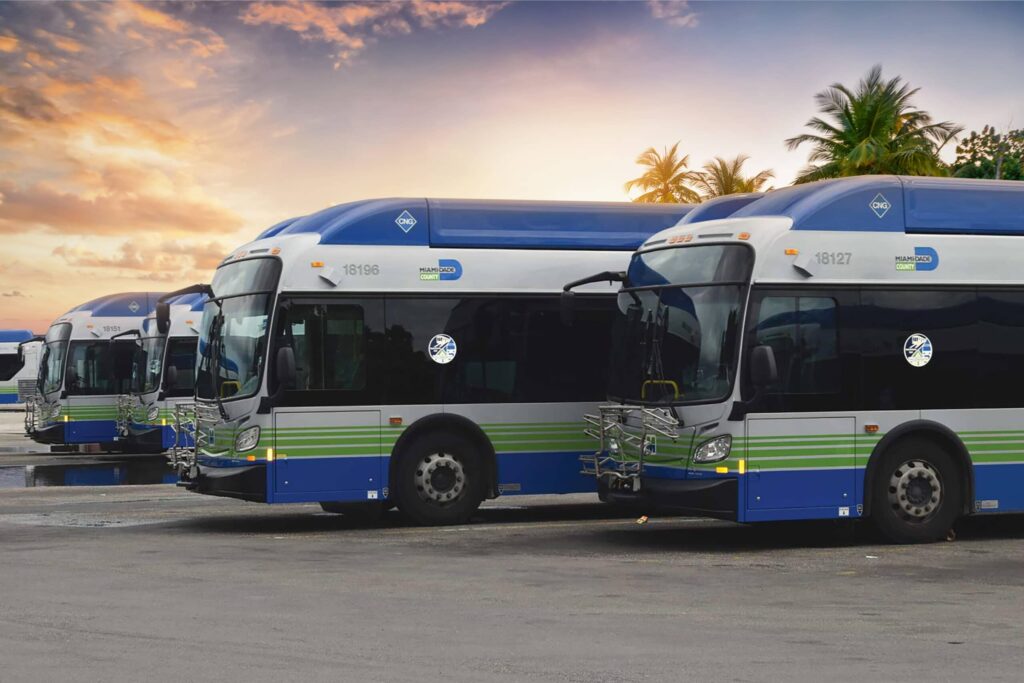
Besides appropriate safety policies and protocols, a CNG transit fleet depends on two critical elements to be safe and successful: 1) obtaining comprehensive training for all technicians and support teams; and 2) performing appropriate fuel system inspections at the proper intervals. Here’s a full breakdown for each, and how to apply them to your own […]
CNG Inspection Interval Changes Approved by US Department of Transportation
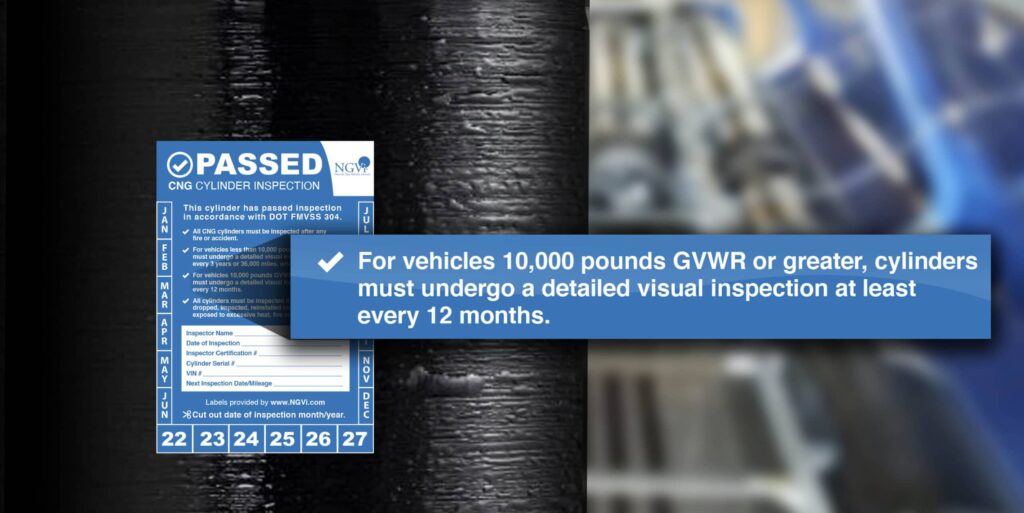
Changes to CNG cylinder inspection intervals required by the U.S. Department of Transportation’s Federal Motor Vehicle Safety Standard (FMVSS) No. 304, “Compressed natural gas fuel container integrity,” were published in the Federal Register February 11, 2022, and become effective March 13, 2022. The compliance date is March 14, 2023, but early compliance is permitted. The […]
Rush Enterprises’ Customized CNG Training Program is the Gold Standard for Fleet Service Operations and Employee Motivation

When it comes to CNG vehicle training and safety, do your technicians participate in individual courses, or do they go through a fully developed program designed specifically for their roles? Both options may sound the same, but there’s a sizable difference: courses tend to be taken by employees as reactive solutions to problems they’ve already […]
Safety Notice – Cylinder Collar Fatigue in Mainstay CNG Modules
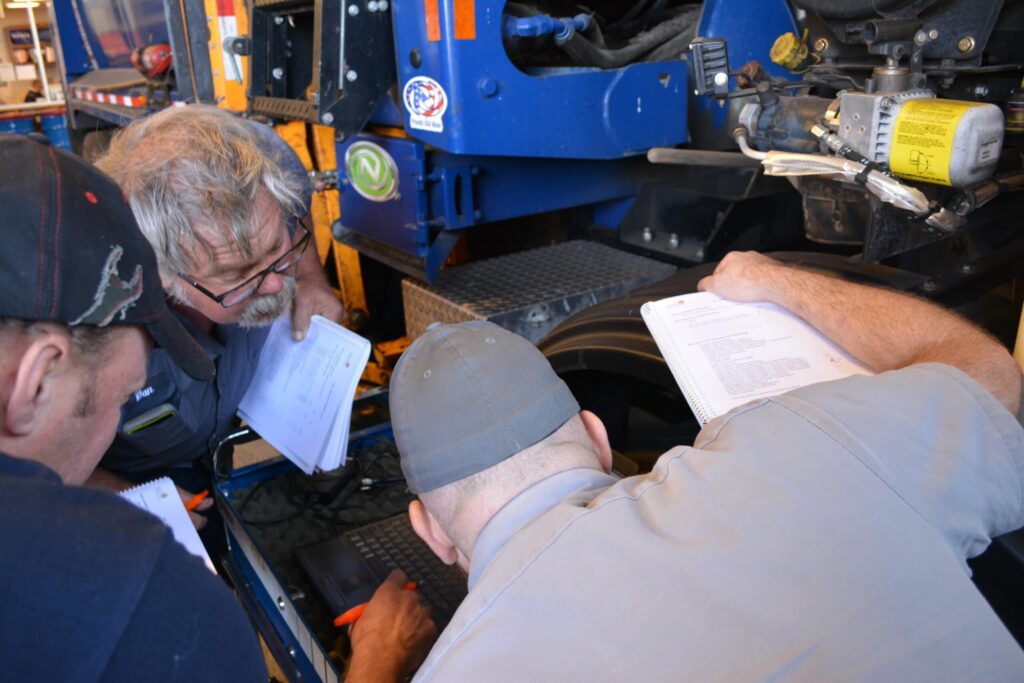
Leo Thomason Executive Director & Instructor Safety Notice – Mainstay CNG Fuel System Modules If you own, operate or service CNG vehicles equipped with Mainstay Fuel Technologies fuel systems, there is a potential safety issue that requires your immediate attention. Two product failures involving cylinder collar metal fatigue occurred in 2019 and 2020 with Quantum […]
Why a Natural Gas Engine Was Slow To Crank and Misfired, with Vapor and Odor in the Exhaust Stream
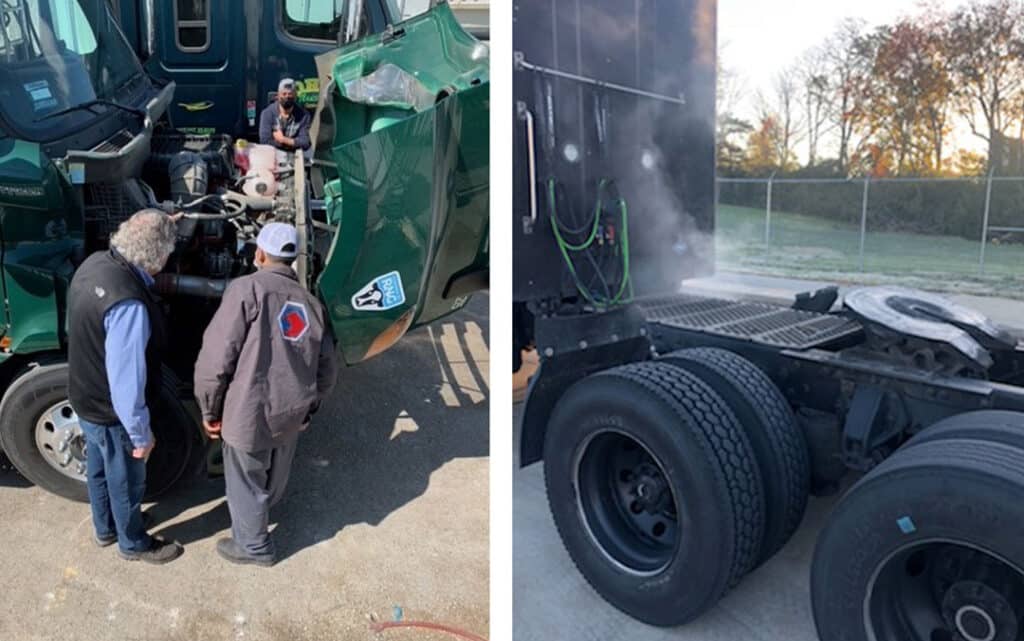
We often get questions regarding the differences between natural gas-powered vehicles (NGVs) and their diesel counterparts. Sometimes those differences are initially concerning to technicians or drivers who aren’t familiar with NGVs, to include times when natural gas engines may be slow to crank, misfire, or even emit steam, vapor, or odor from their exhaust streams. […]
4 Ways Transit Agencies Can Improve Their CNG Fleets
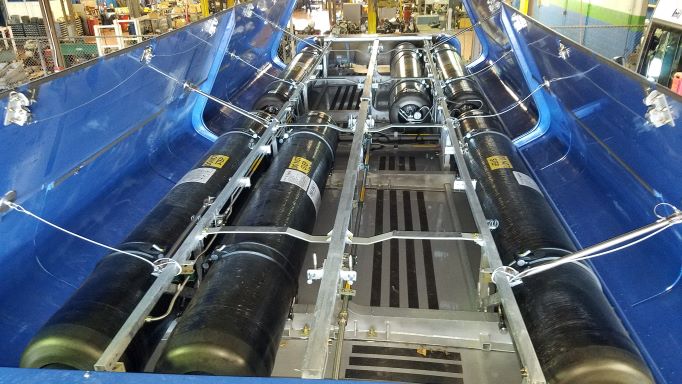
Transit agencies have four key areas they can focus on if they want to maximize the use of their CNG fleets. They include adhering to the proper vehicle inspection intervals; establishing standard operating procedures for maintenance, repairs, and potential incidents; encouraging up-to-date training for drivers and technicians; and requiring certification for all CNG fuel system […]
The Heavy-Duty CNG Fuel System Inspection Interval Conundrum
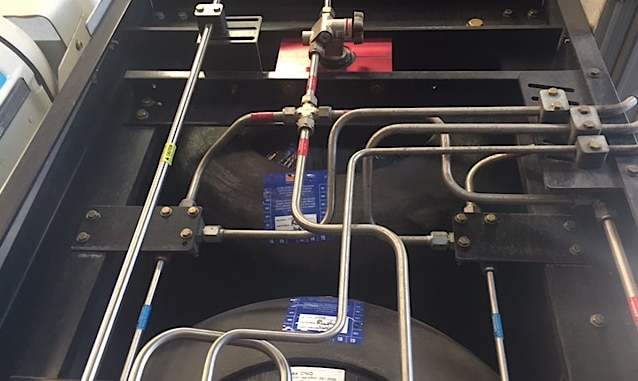
We’re asked almost daily about the required interval for heavy-duty CNG fuel system inspections. Our answer is “it depends,” and then we explain. These inspections are both required and essential because natural gas is stored on board CNG vehicles at extremely high pressures — at least 3,600 psi. While most CNG fuel systems are extremely […]
These 2 Vehicle Inspections Are NOT the Same
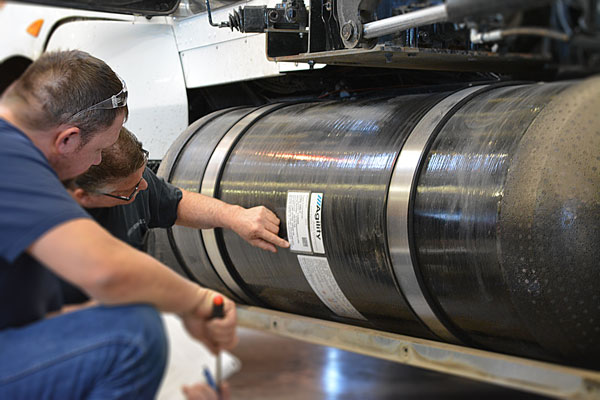
Has your team ever confused the CNG Detailed Visual Inspection with the FMCSA Annual Inspection? On paper, it might sound like a reasonable mistake, but the reality is far from it. Below are three (3) reasons why FMCSA is no substitute for CNG, and why it is imperative that you have your technicians follow the […]
Minimize Costly Oil Carryover in Your Heavy-Duty NG Engines

These are the most common performance complaints for heavy-duty natural gas vehicles: Low power Difficulty starting Rough idling Engine hesitation when accelerating Occasional stalling The most common culprit? Oil contamination in the fuel. Oil contamination in heavy-duty NGVs can be hard to diagnose and even harder to remedy — especially if the vehicle technician is […]

